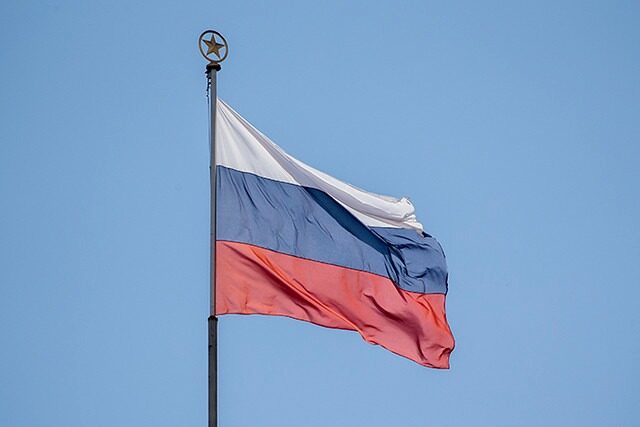Marc Fogel, an American educator who was held in Russia for nearly three years, has been released after a covert diplomatic effort that has captured international attention. Fogel was sentenced to 14 years in a Russian prison on drug charges, but his freedom comes after secret talks involving U.S. President Donald Trump’s special envoy, Steve Witkoff. This unexpected move has sparked discussions on the potential for improved relations between the U.S. and Russia, with some even speculating that this could influence the broader geopolitical landscape.
The Secret Diplomatic Mission
Fogel, who had been teaching in Russia since 2012, was arrested in 2021 after authorities discovered a small amount of marijuana in his possession. His arrest became a point of tension between the U.S. and Russia. For years, his family, along with American officials, had hoped for his release, but the breakthrough finally came through backchannel negotiations.
The details of these talks remained secret until reports revealed that Steve Witkoff, a special envoy appointed by Trump, had visited Moscow on a private jet. The Kremlin initially denied knowledge of Witkoff’s visit, which raised questions about the covert nature of the discussions. It wasn’t until recently that the public learned Fogel was released, and many now see this as a potential turning point in U.S.-Russia relations.
Trump’s Role and the Russia-U.S. Dynamics
President Trump has expressed optimism about the outcome of this diplomatic deal, framing it as a sign that Russia may be open to improving relations with the United States. Trump, along with his national security adviser Mike Waltz, referred to the release as a “positive signal” from Moscow. Waltz further stated that the move could lead to new opportunities for resolving ongoing issues, including the conflict in Ukraine.
When asked about what the U.S. might have exchanged for Fogel’s release, Trump downplayed the idea of any significant concessions. He stated that Russia “treated the delegation very well” but did not provide further details. Trump’s comments suggest that the deal was likely more about diplomatic goodwill than any major concessions from the U.S.
Behind Closed Doors: Speculation and Secrecy
The behind-the-scenes nature of these talks has raised numerous questions. Kremlin spokesman Dmitry Peskov’s denial of Witkoff’s visit and the secrecy surrounding the negotiations have only fueled speculation. Some analysts believe that Fogel’s release might signal a shift in Russian foreign policy, with President Vladimir Putin potentially seeking to improve relations with the U.S. as a way to build bridges ahead of future peace talks, especially concerning Ukraine.
The quiet diplomacy also suggests that Russia could be positioning itself to make larger moves in the ongoing war with Ukraine. There are hints that Putin may be preparing to engage more actively in peace talks, and Fogel’s release might be seen as a gesture aimed at building trust with Trump, should he return to the White House.
This development comes at a time when U.S. policy toward Ukraine is increasingly uncertain, with ongoing debates in Washington about the extent of American support for the Ukrainian cause. Vice President JD Vance is scheduled to meet Ukrainian President Volodymyr Zelenskyy in Munich, adding to the sense of growing tensions and shifting priorities in the U.S. approach to the conflict.
The Family’s Joy and Relief
Fogel’s family, who had been anxiously waiting for this day, expressed deep relief upon hearing the news of his release. Fogel’s sister shared an emotional statement, expressing the hardship the family had endured over the past three years. “This has been the hardest time of our lives, but today, we begin to heal,” she said. The family had hoped for Fogel’s release in earlier prisoner exchanges, but this moment came as a welcome surprise.
Fogel is expected to land in the U.S. later this week, and the family has already made plans to reunite with him. His release marks the end of a long, painful chapter, and it also raises questions about the future of U.S.-Russia relations.
What’s Next for U.S.-Russia Relations?
While the release of Marc Fogel is a victory for diplomacy, it remains to be seen whether this will lead to long-term improvements in U.S.-Russia relations. The geopolitical situation, especially the ongoing conflict in Ukraine, remains fragile. Still, this development offers a glimmer of hope for those advocating for more peaceful diplomatic solutions.
Both sides are now facing increased pressure to move past the tension that has defined much of the last decade. Fogel’s release, however, is seen as a positive first step, even if it is unclear what will come next. Will this diplomatic breakthrough lead to more negotiations on the war in Ukraine? Time will tell, but for now, Marc Fogel’s return to the U.S. is a reason for his family and the broader public to celebrate.
For more information on the world and evolving geopolitical situation, visit Euro News 24.
